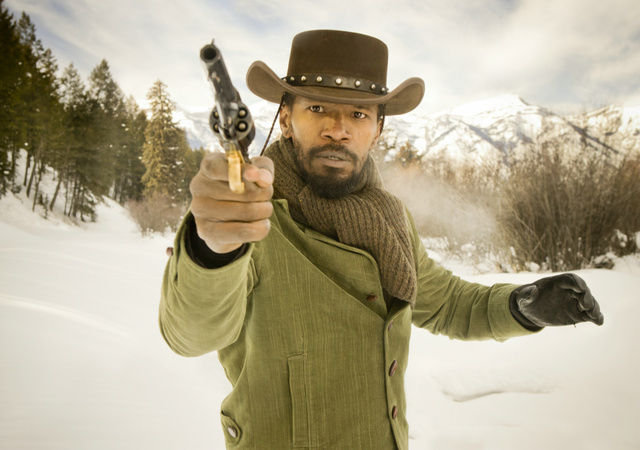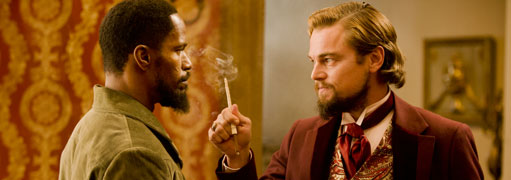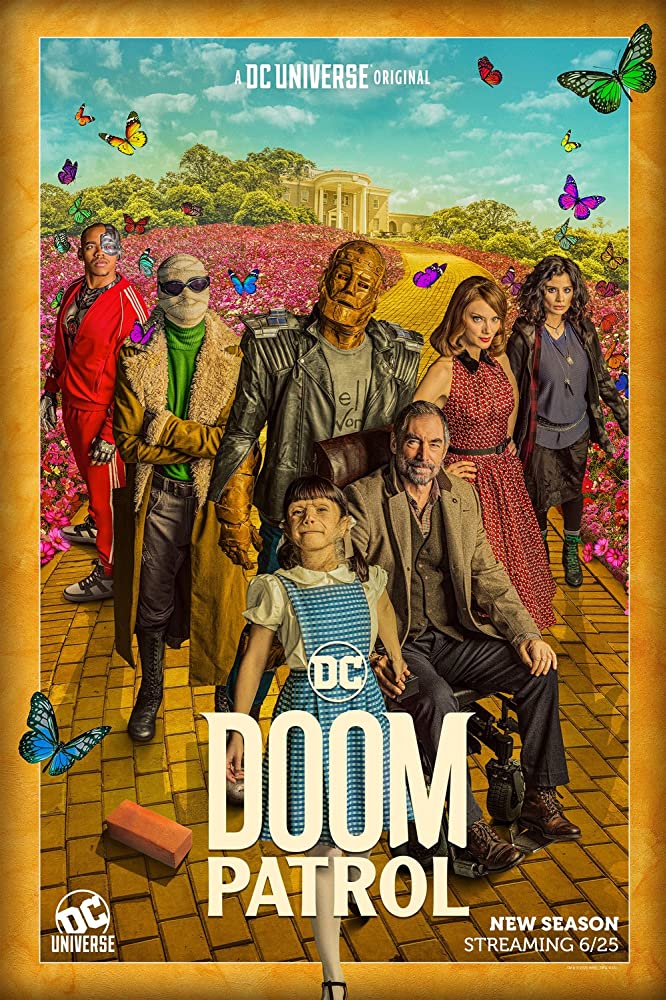Film Review: Quentin Tarantino’s Django Unchained Explodes Western Myth
Italian Western Meets Blaxploitation Revenge In Tarantino’s Latest B-Movie Blow-Up


cowboy? Well

do ya?”




